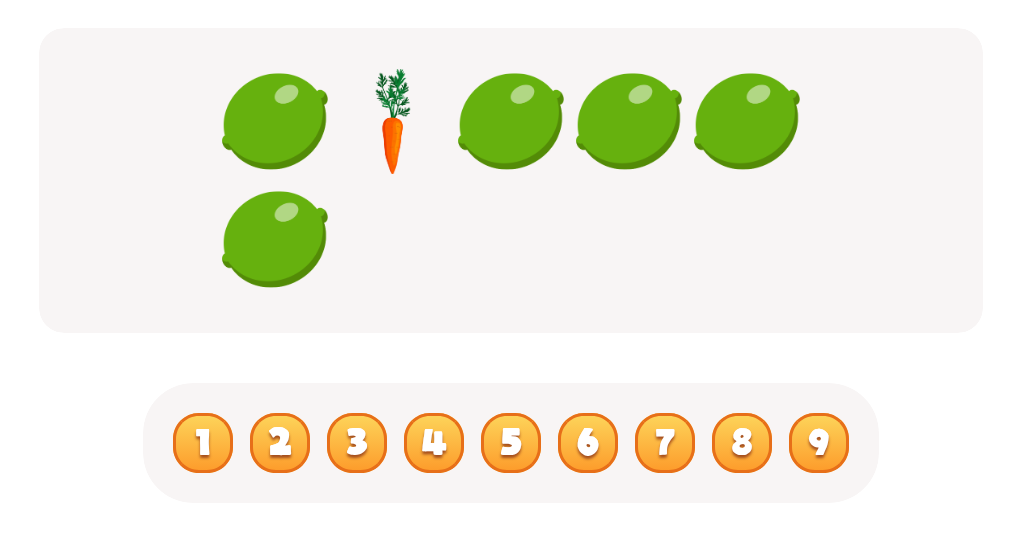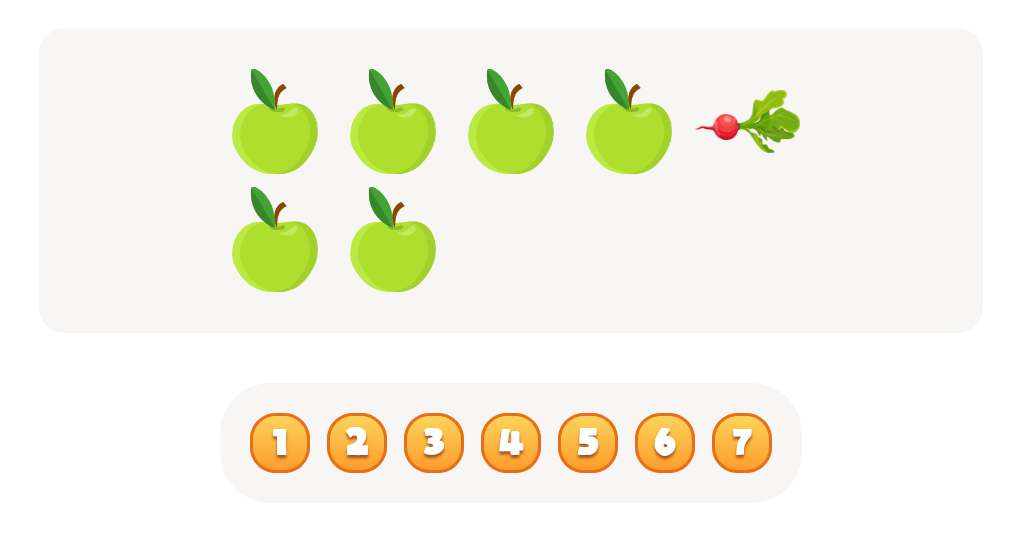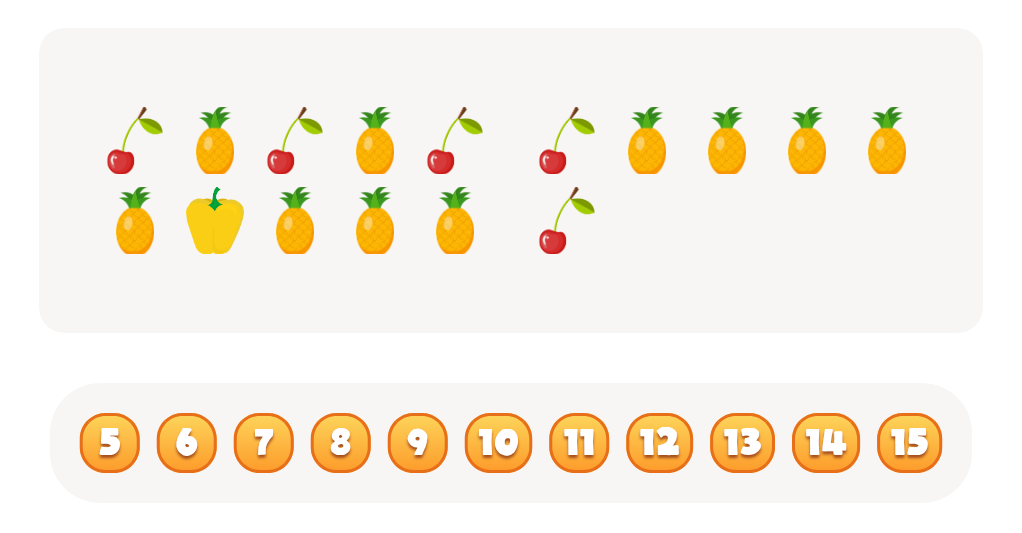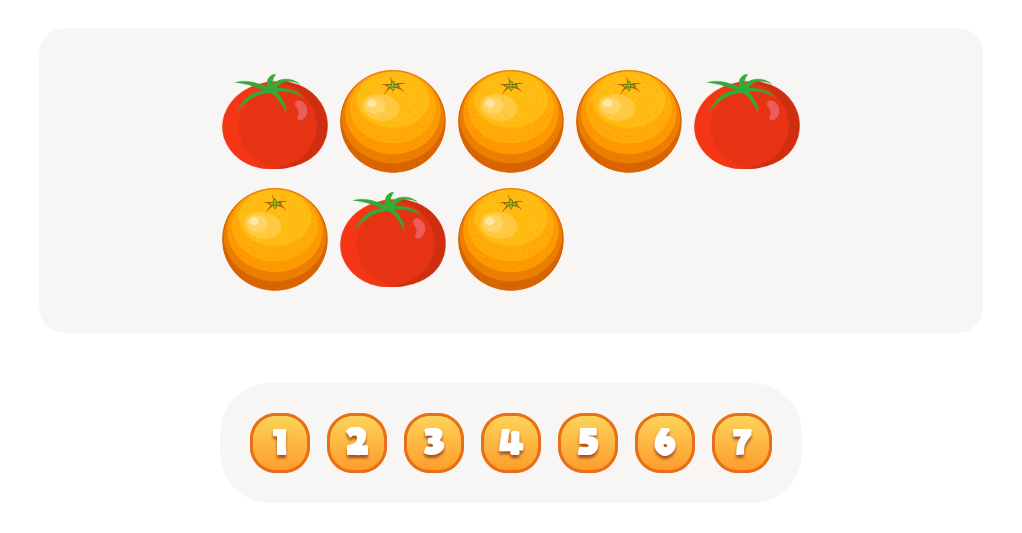Normal Plants and Animals Worksheets for Ages 5-8 - Page 2
100 filtered results
-
From - To
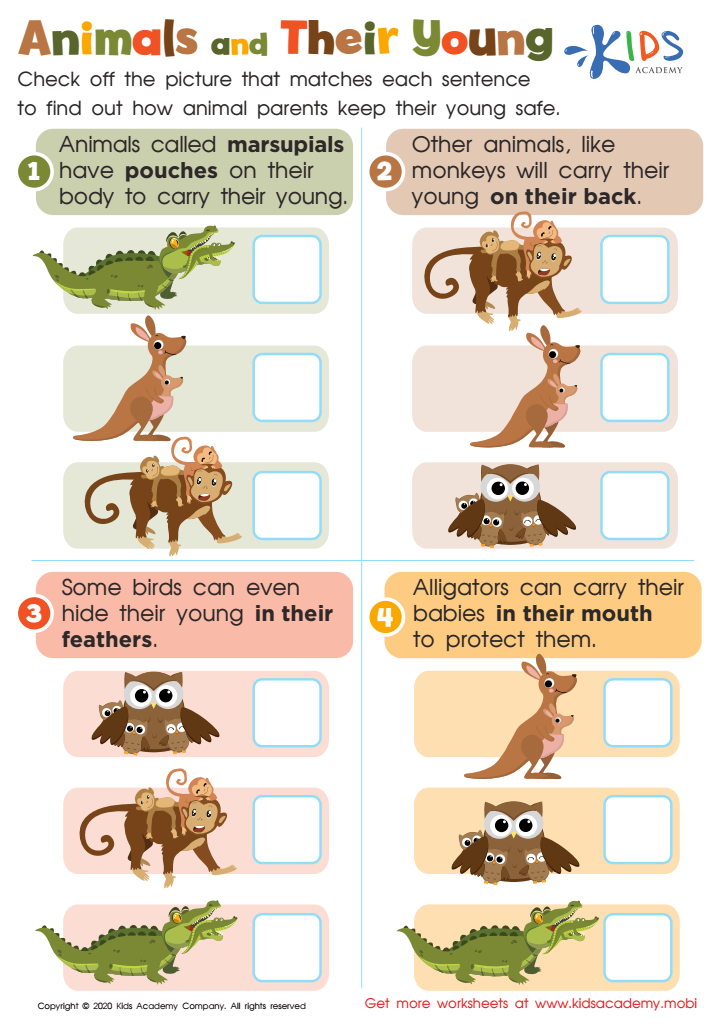

Animals and Their Young Worksheet
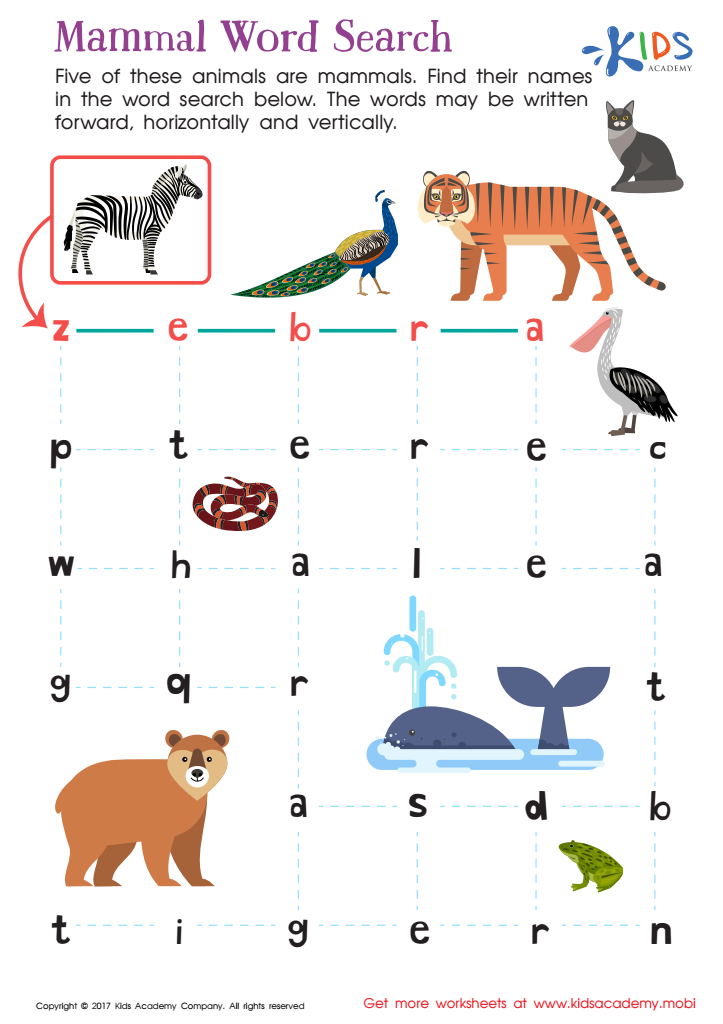

Printable Mammal Word Search
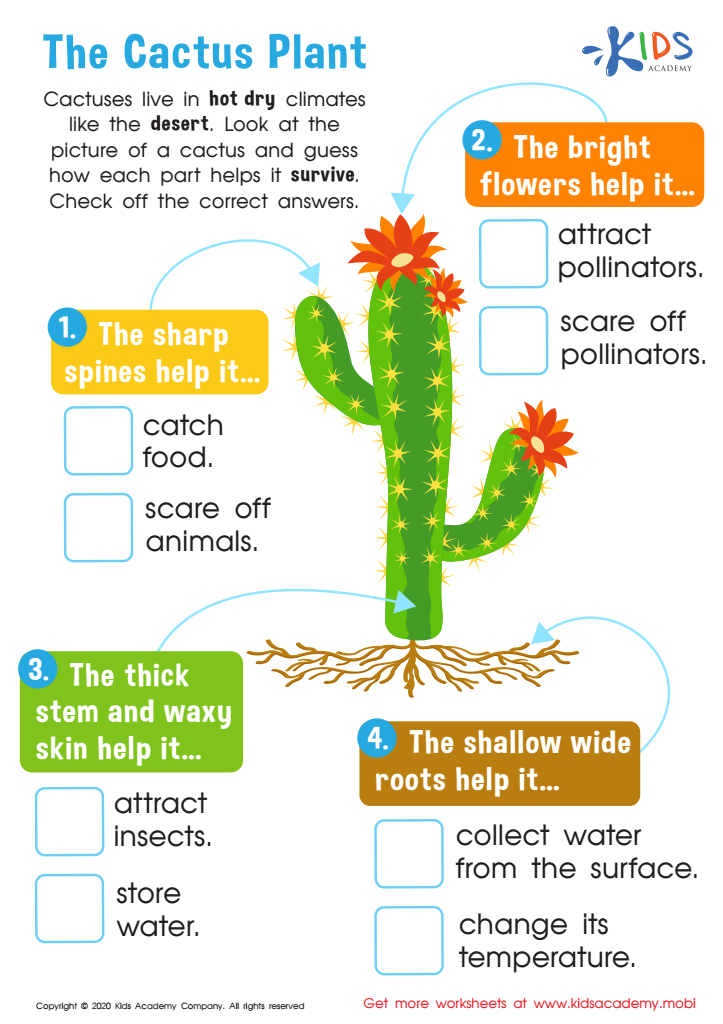

The Cactus Plant Worksheet


Pollinator Positions Worksheet
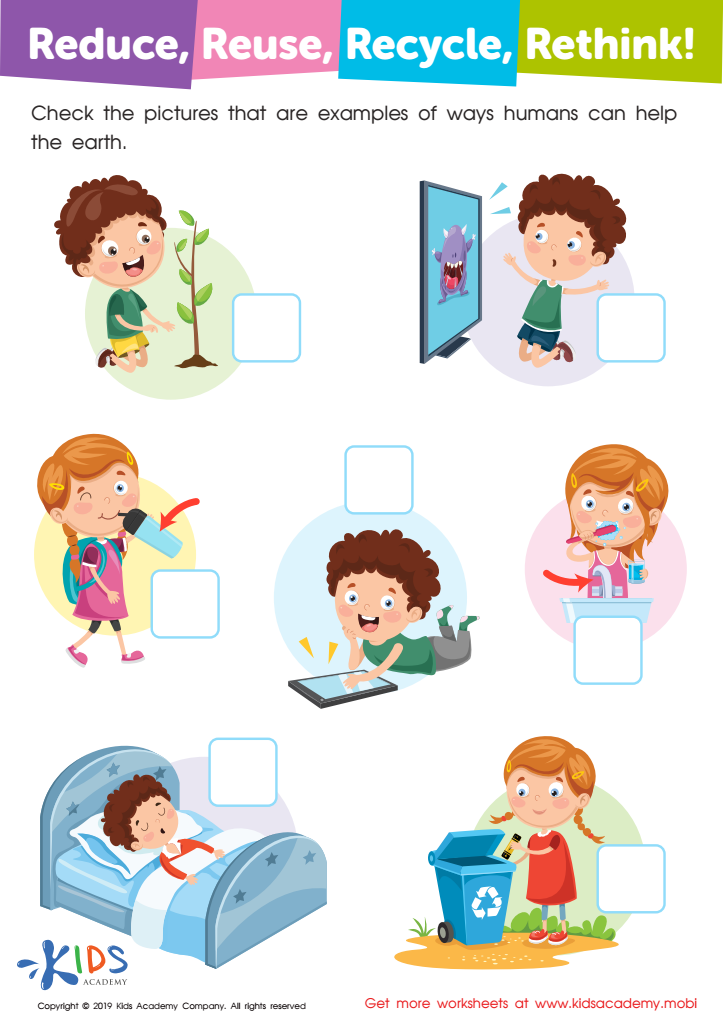

Reduce, Reuse, Recycle, Rethink Worksheet
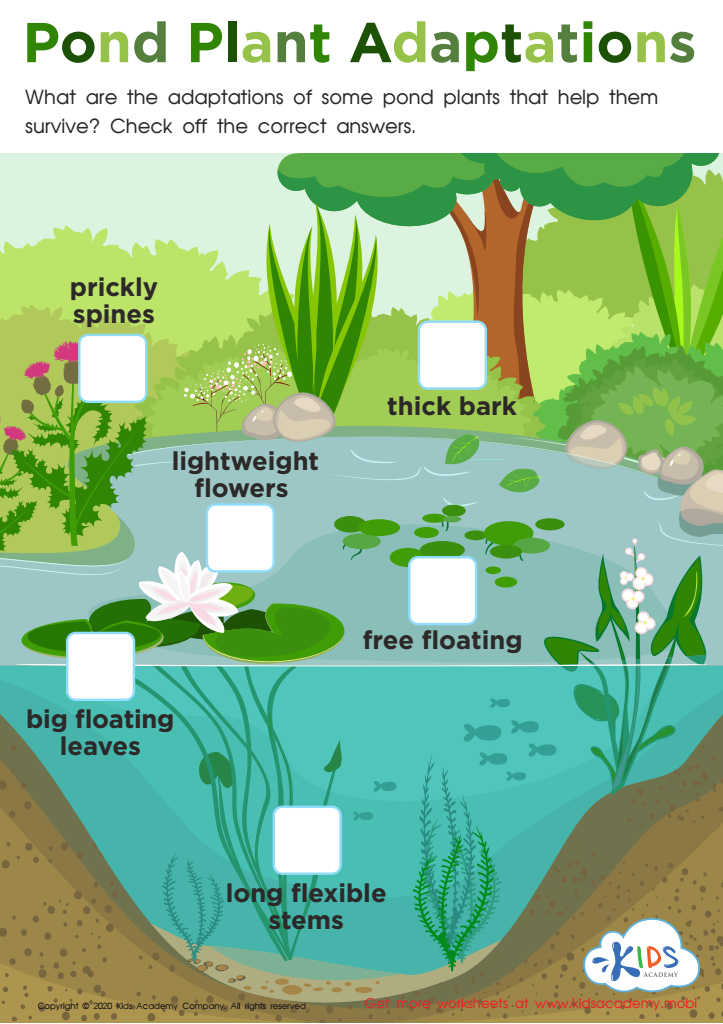

Pond Plant Adaptations
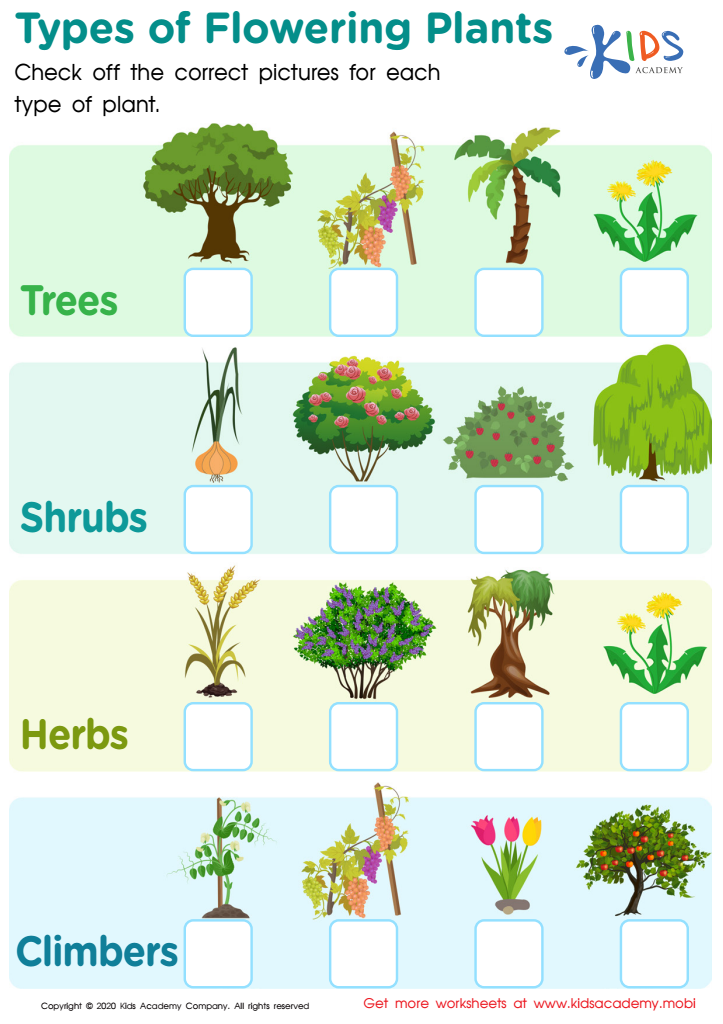

Types of Flowering Plants Worksheet
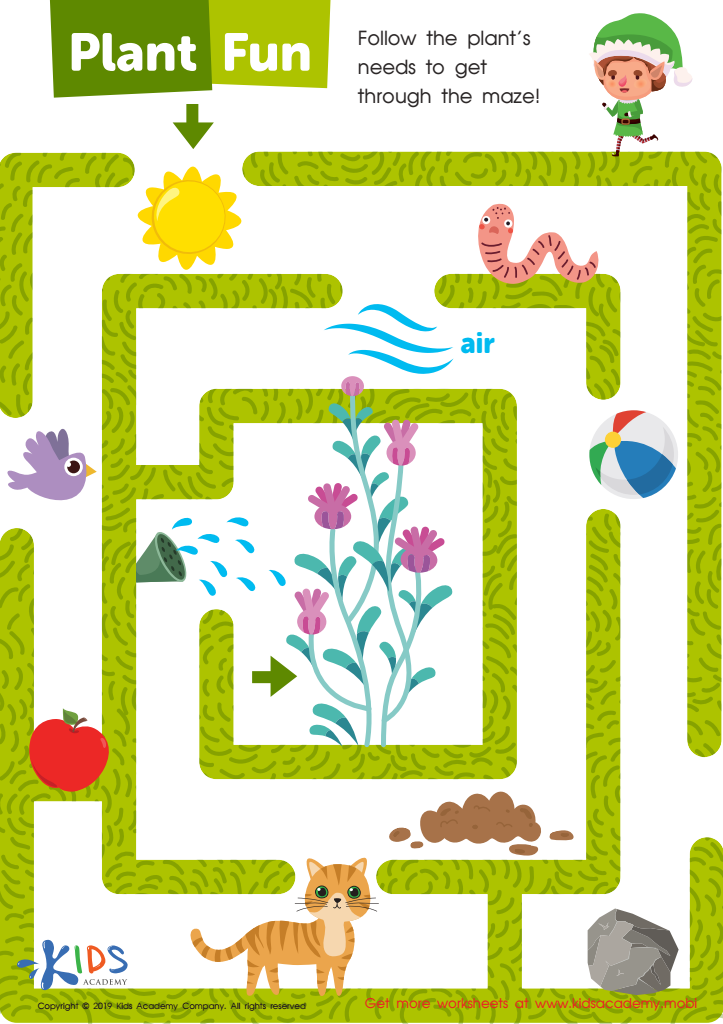

Plant Fun Worksheet
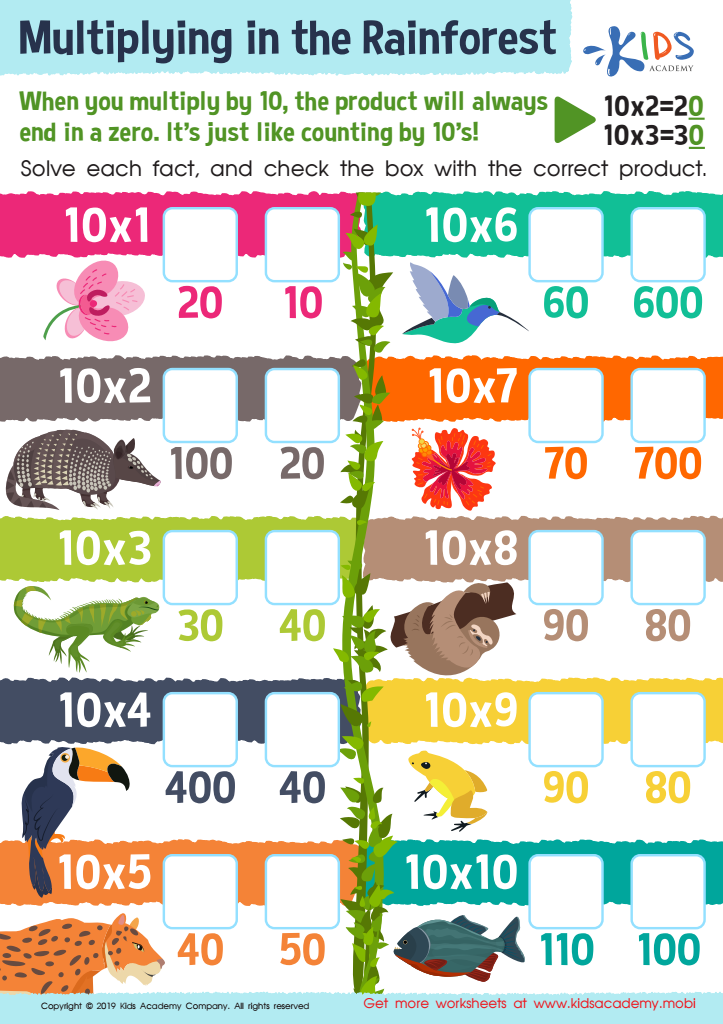

Multiplying in the Rainforest Worksheet
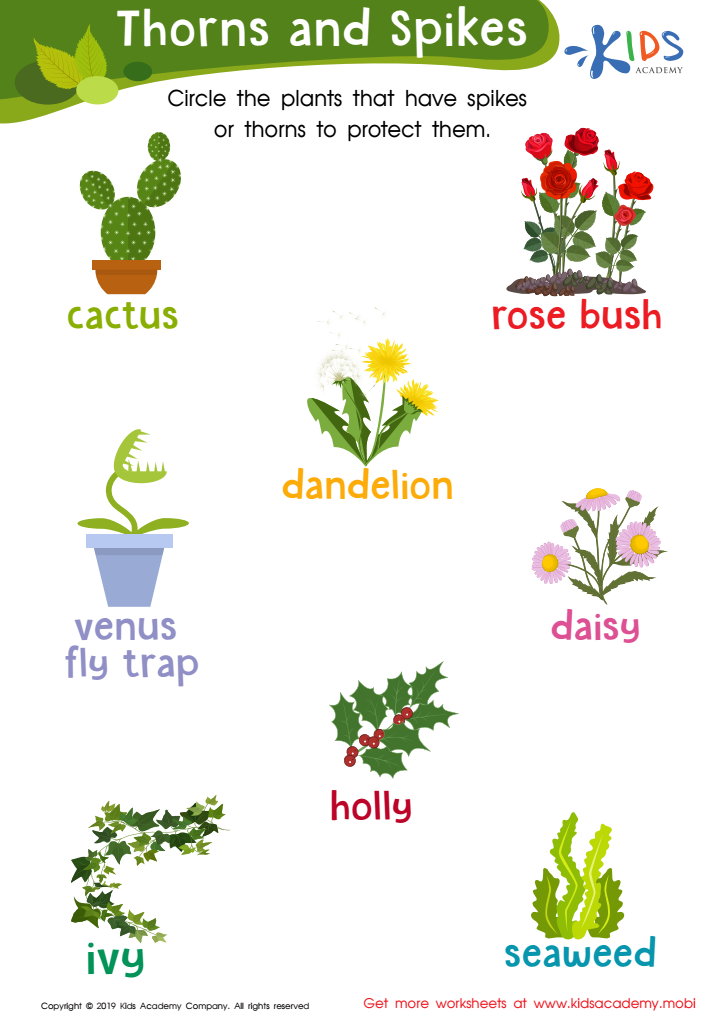

Thorns and Spikes Worksheet
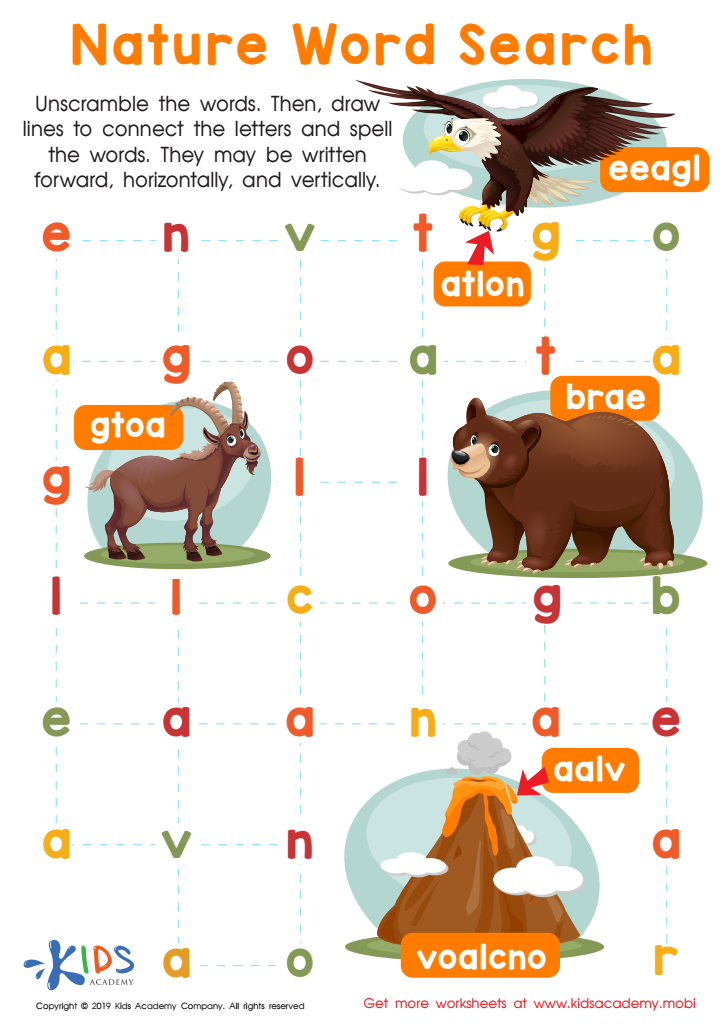

Nature Word Search Worksheet
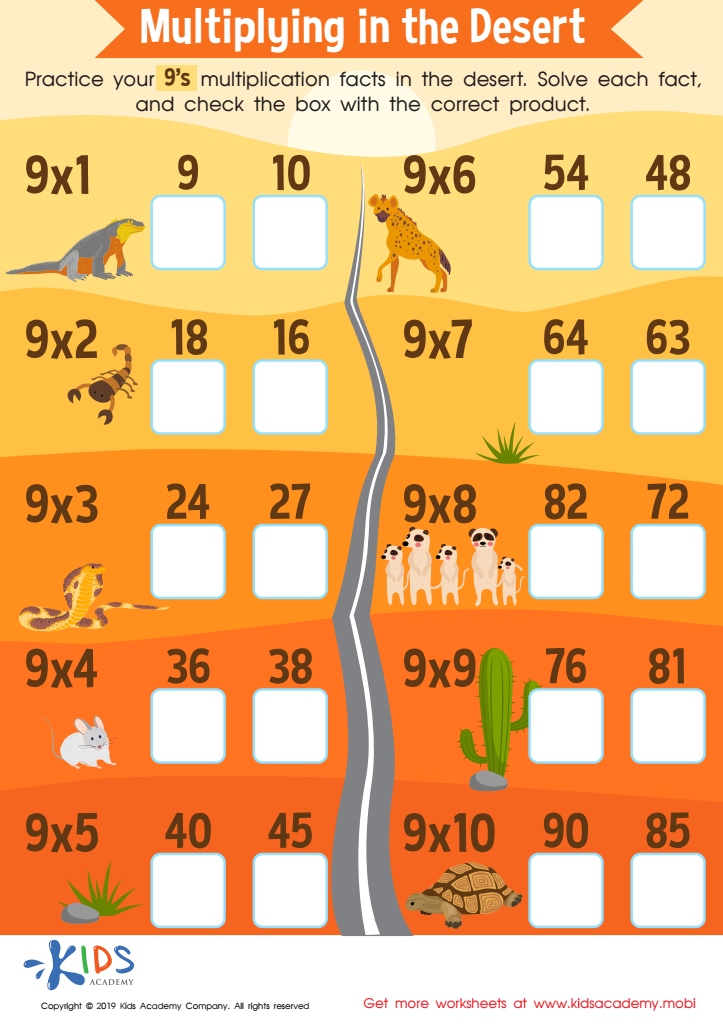

Multiplying in the Desert Worksheet
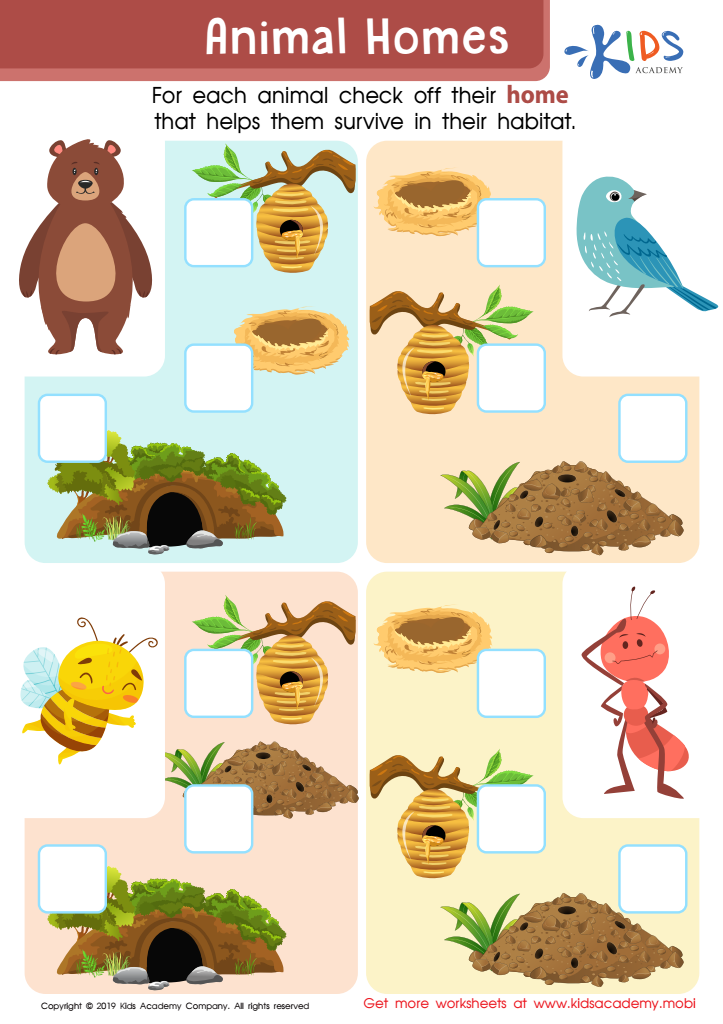

Animal Homes Worksheet
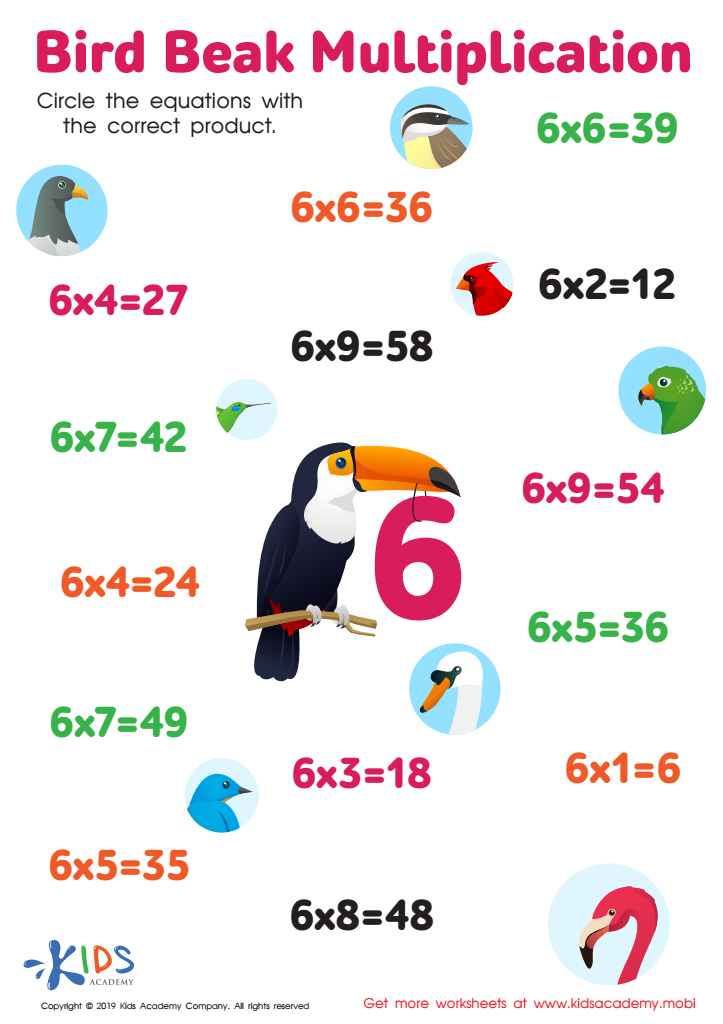

Bird Beak Multiplication Worksheet
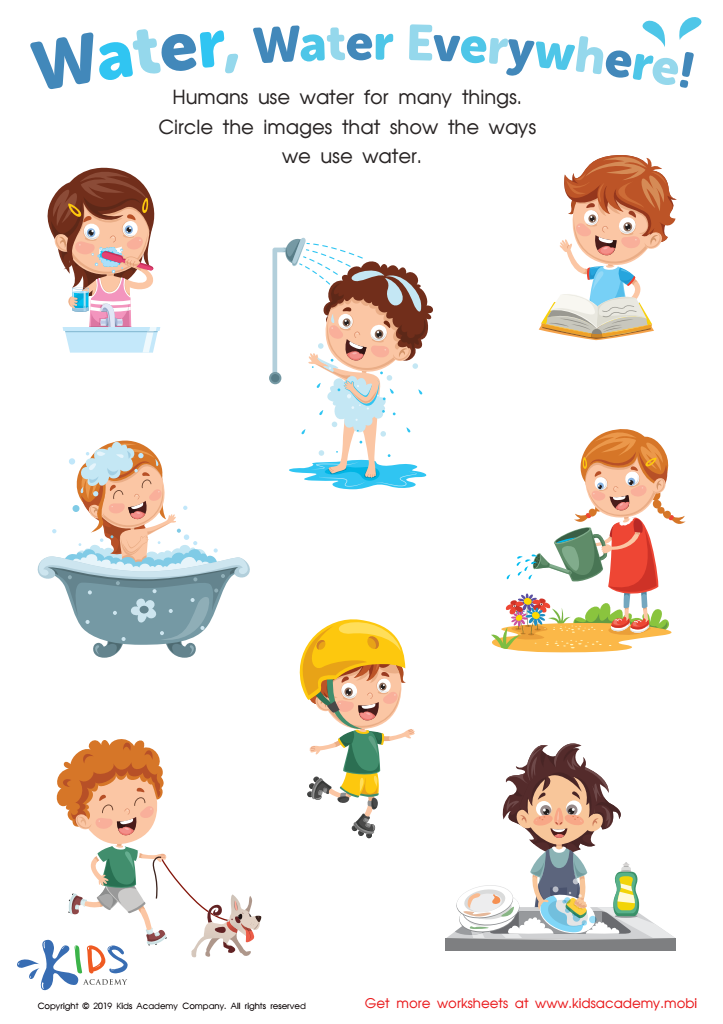

Water, Water Everywhere! Worksheet
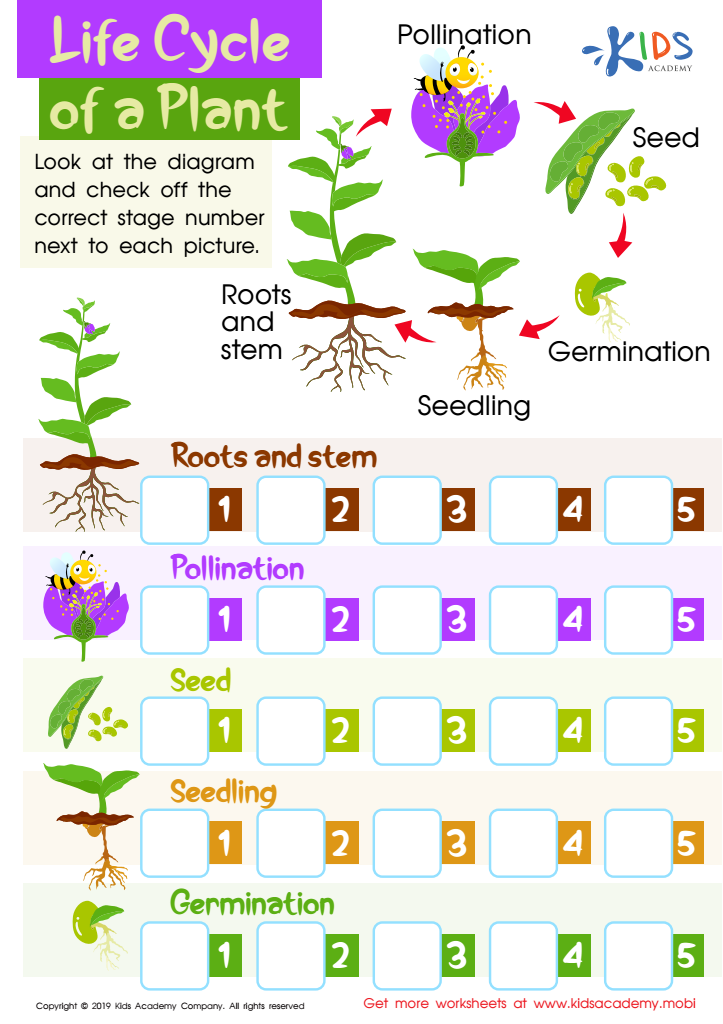

Life Cycle of a Plant Worksheet
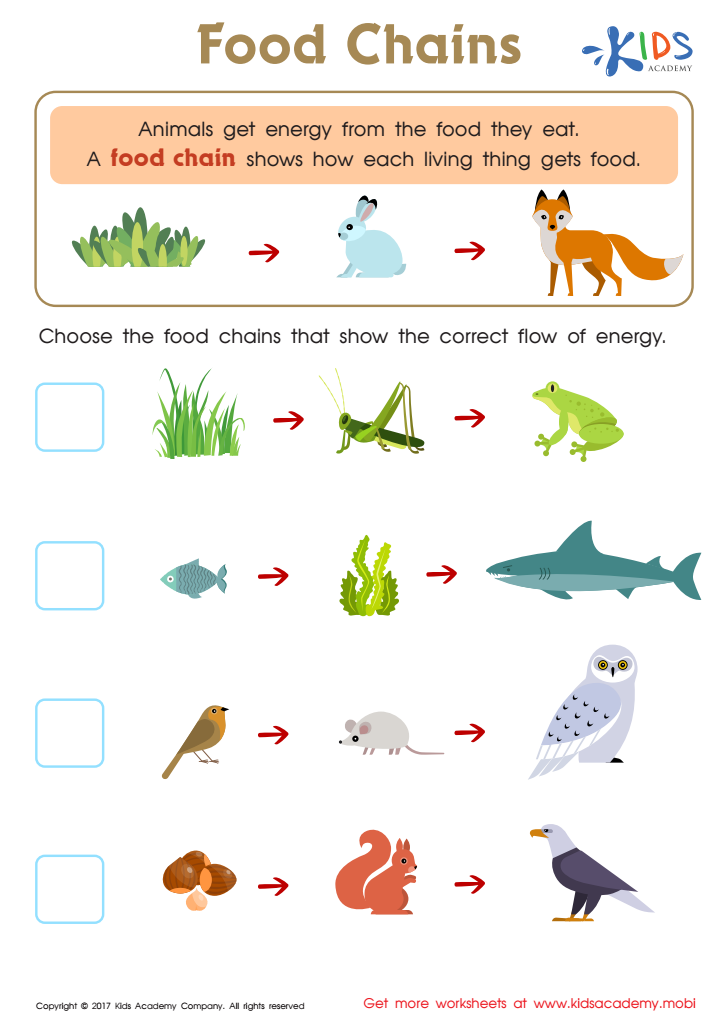

Food Webs and Food Chains Worksheet
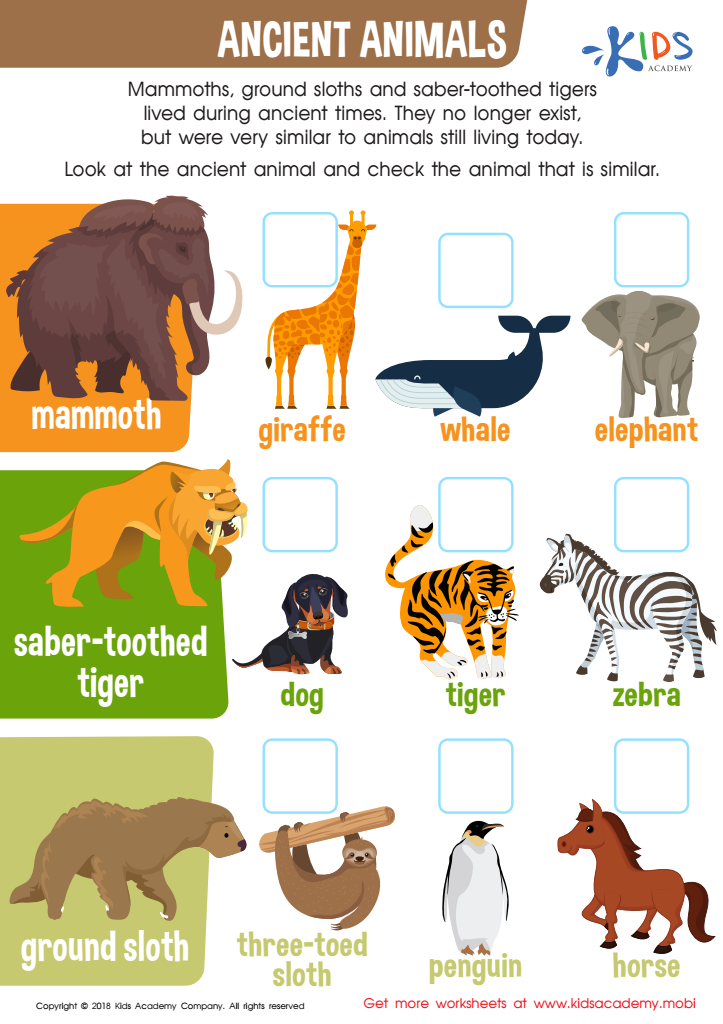

Ancient Animals Worksheet
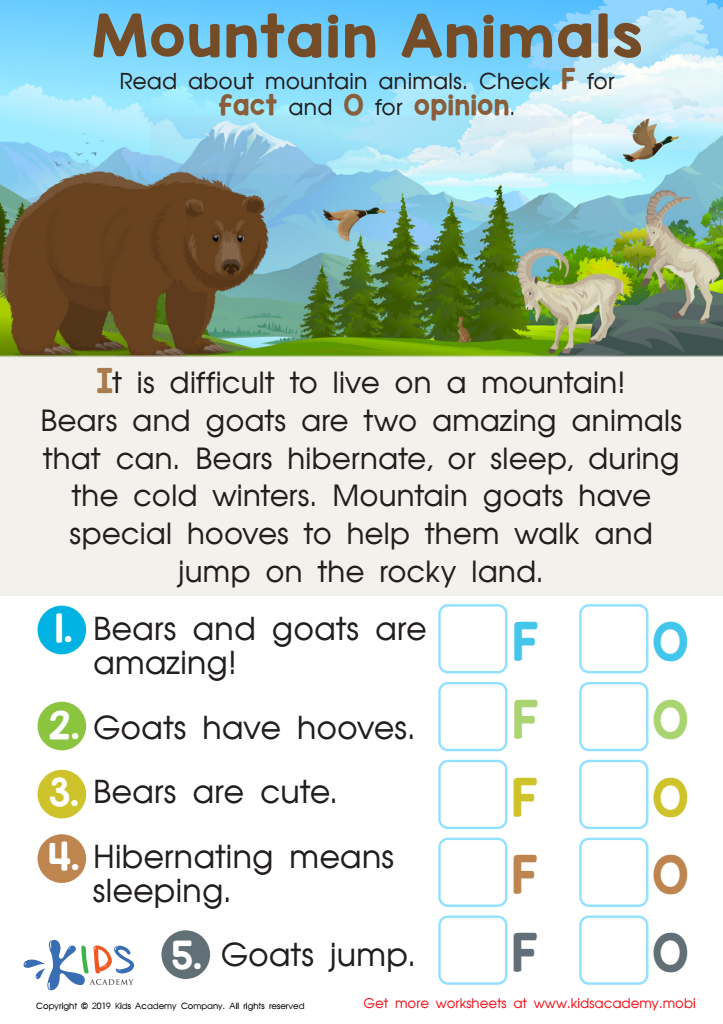

Mountain Animals Worksheet
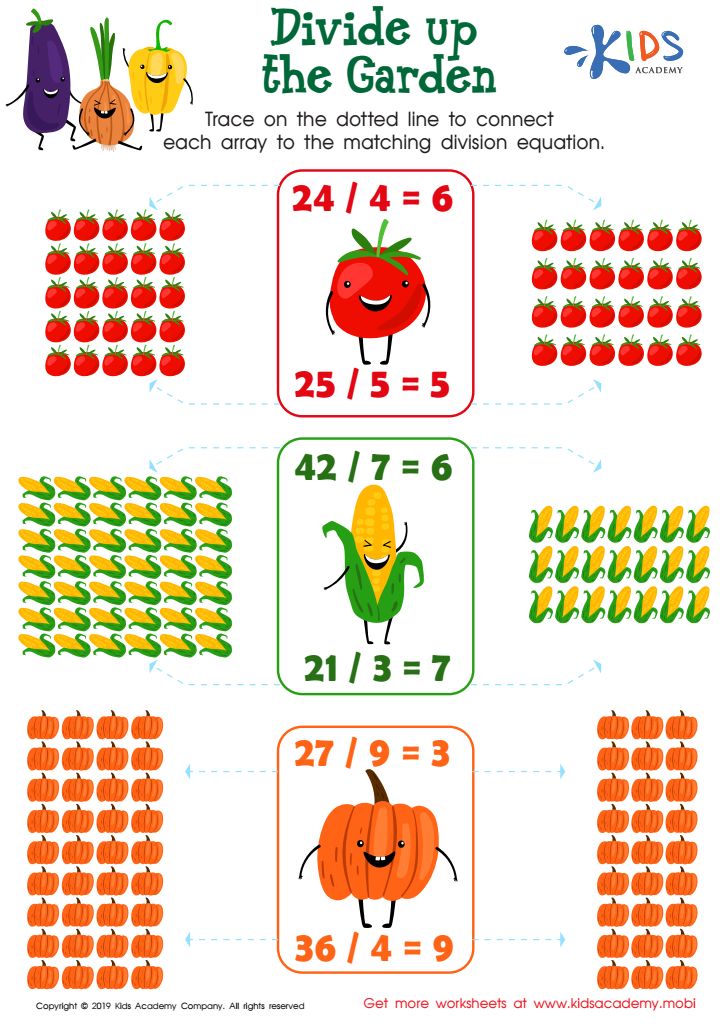

Divide up the Garden Worksheet
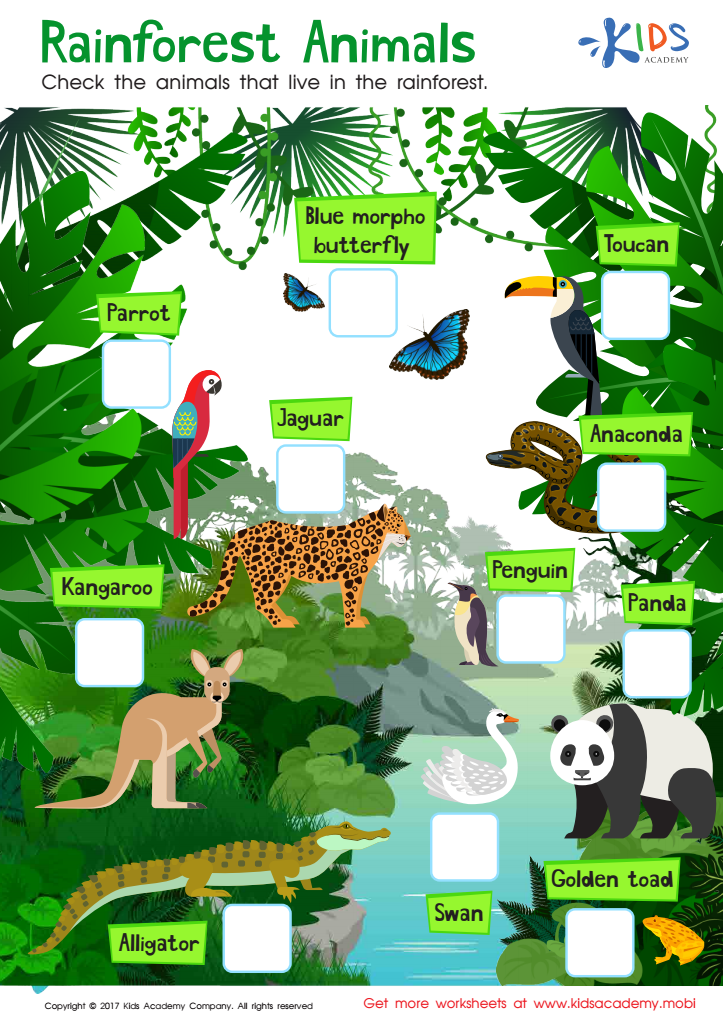

Rainforest Animals Worksheet
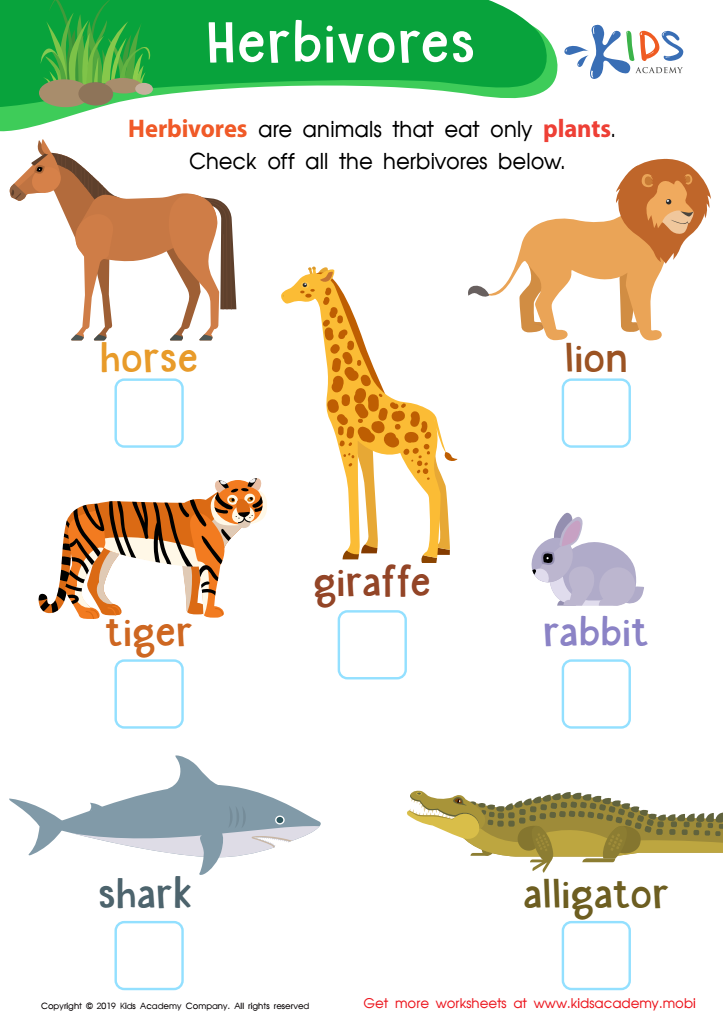

Herbivores Worksheet
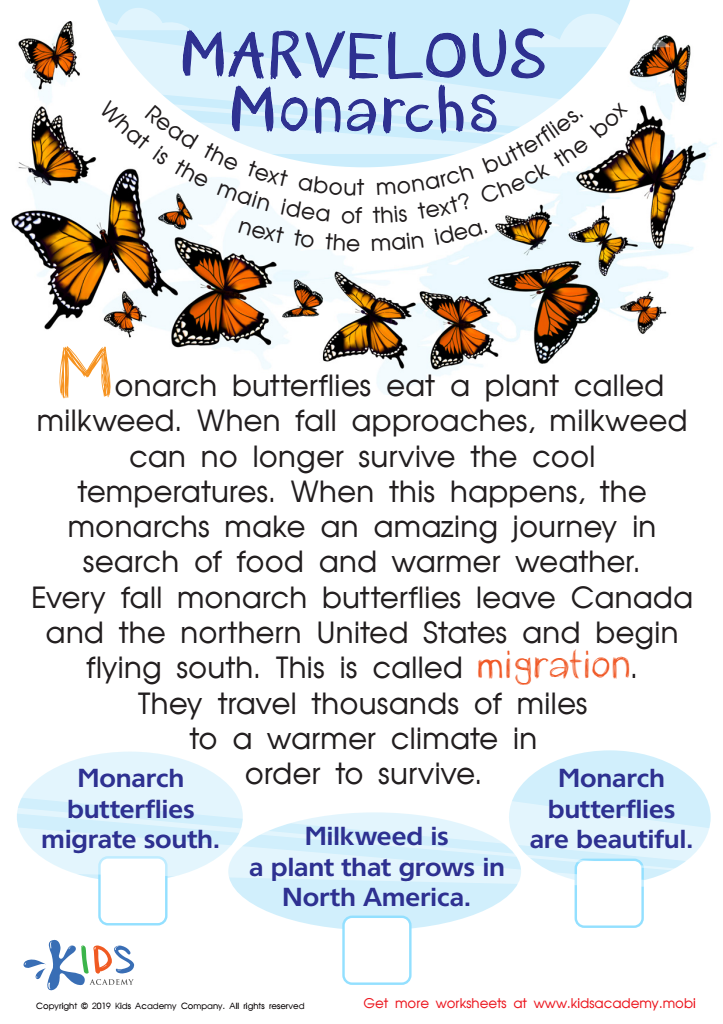

Marvelous Monarchs Worksheet
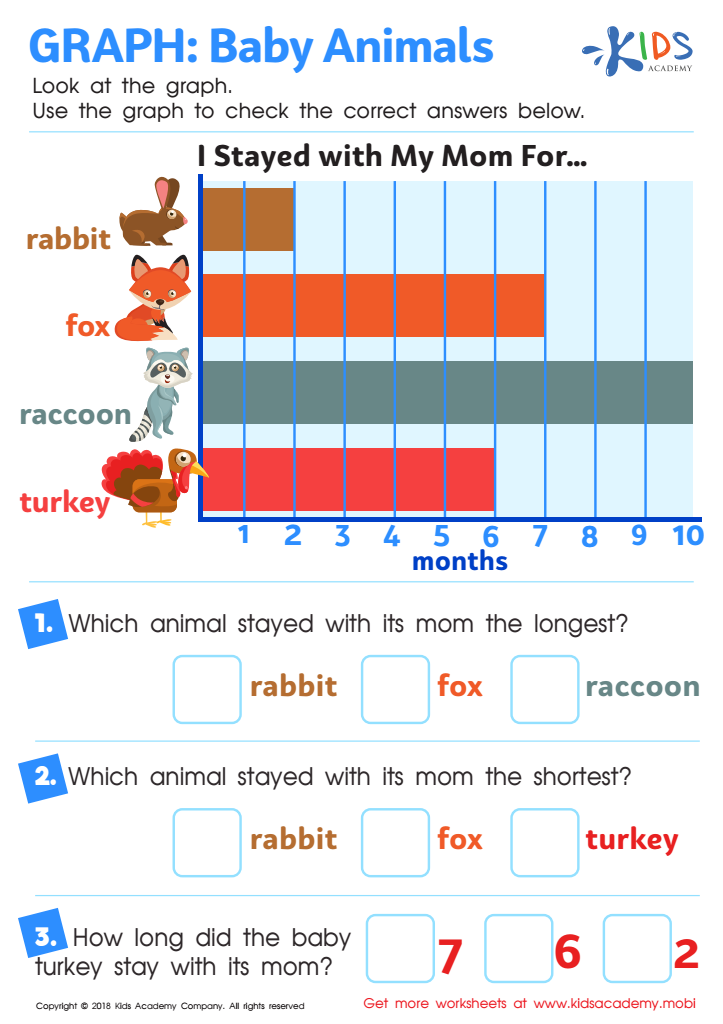

Graph: Baby Animals Worksheet
Parents and teachers should care about normal plants and animals for children aged 5-8 because this knowledge is foundational for understanding the natural world. At this stage, children are naturally curious and imaginative, and learning about plants and animals fosters a love for science and nature. Recognition of common species, such as trees, flowers, birds, and insects, helps them develop observation skills, critical thinking, and appreciation for biodiversity.
Moreover, interacting with normal plants and animals can enhance a child's mental and emotional well-being. Nature has been shown to reduce stress, enhance creativity, and promote physical activity. Learning to care for plants and animals can also instill values of responsibility and empathy. When children understand the role of plants and animals in our ecosystem, they begin to grasp concepts like conservation and the importance of protecting their environment.
Additionally, integrating these concepts into effective hands-on activities, such as gardening or nature walks, creates multisensory learning experiences that are both engaging and memorable. Overall, grounding children in the understanding of normal plants and animals encourages stewardship of the earth while nurturing a lifelong passion for learning and discovery.

 Assign to My Students
Assign to My Students
